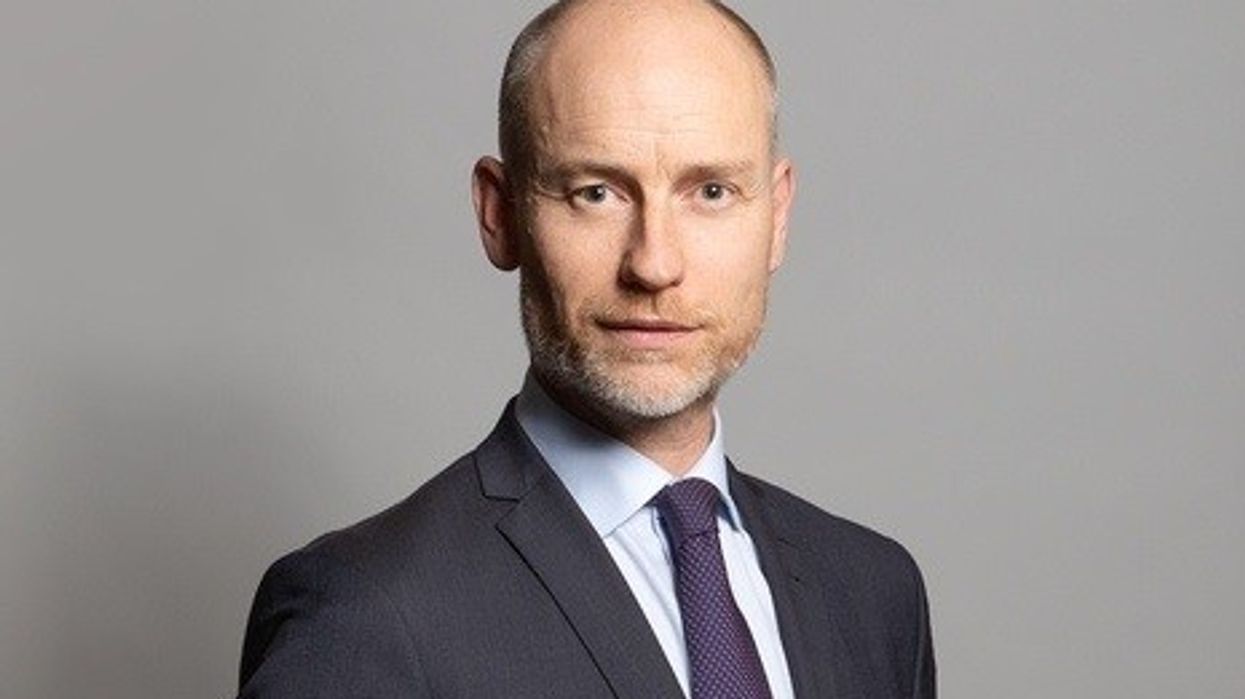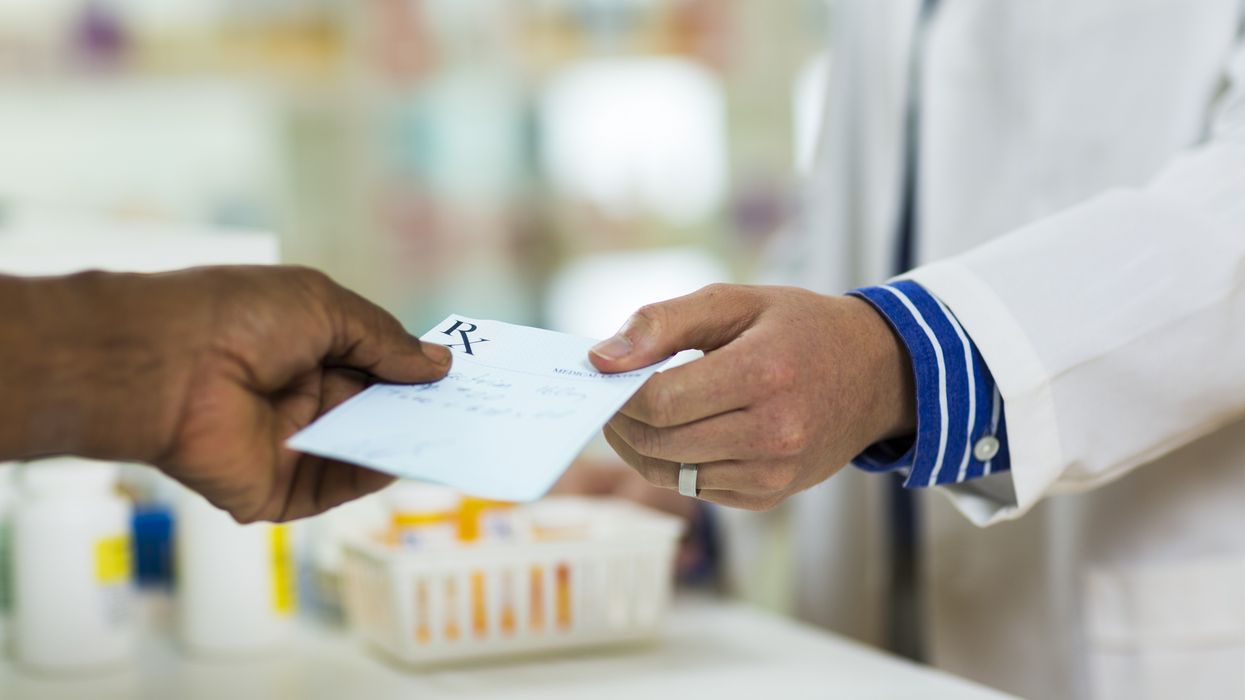The reproduction number of Covid-19 in the UK remains between 0.7 and 0.9, government scientists said on Friday (June 5), but has increased in parts of England after lockdown restrictions were eased.
Although the R number for the UK as a whole reflects the same rate of transmission as given last week, in England alone it is slightly higher - estimated to be between 0.7 and 1.
That could mean headaches ahead for prime minister Boris Johnson as he bids to re-open the economy in phases while avoiding a second peak of infections in what is already one of the world's hardest-hit countries.
Lockdown in England has been eased more quickly than Scotland, Wales, or Northern Ireland, where powers over measures are devolved.
"Our estimates show that the regional R numbers have increased although they remain below 1 for most of England – this is to be expected as we gradually move out of lockdown," said Yvonne Doyle, Medical Director of the Public Health England (PHE) agency.
"It is vital that everyone continues with social distancing, practising good hand hygiene and must remain at home and order a test if they have symptoms."
The reproduction, or R, number, measures the average number of people that one infected person will pass the virus on to. An R number above 1 can lead very rapidly to exponential growth.
A joint model produced by PHE and researchers at Cambridge University's MRC Biostatistics Unit said they believed the R number was below 1 in "all regions of England with the exception of the North West and the South West."
(Reuters)











